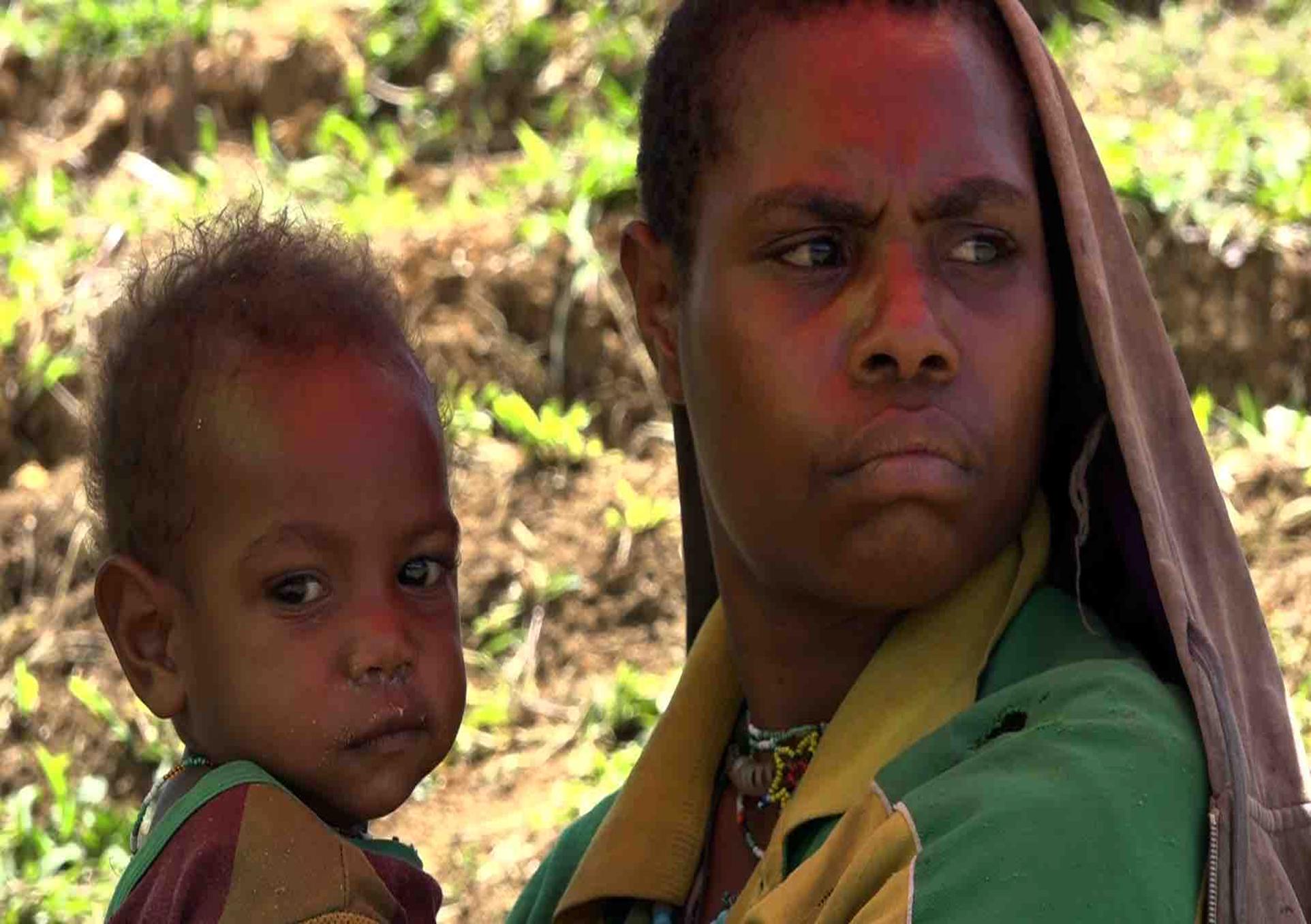For the people of Gema village in the Obura-Waninara district of the Eastern Highlands, the 2016-2017 period will be remembered as a period of mixed results.
This year has been a good year for them despite their many challenges. The government services have trickled down to the village level. However, much of the funding that caused tangible results has come from the 2013-2014 period when the government allocated K500,000 per local level government.
In the 2016-2017 period, things are expected to improve on some fronts as it worsens on others.
For the first time in more than 30 years, the people saw an elementary classroom and an aid post built with government funding. At a small gathering, the people told government officers including the District Administrator to use local expertise instead of contractors to save on costs.
Compared to many other districts and urban areas, the statistics of maternal and infant mortality in Gema are appalling. There is at least one birth complication or death in every 20 deliveries.While the village has an aid post, the health worker does not reside in the village because of a lack of housing. Many before him left because of the difficult conditions and the isolation.
Since the 1990s when Papua New Guinea saw a gradual decline in service delivery, many school aged children have grown up to be adults without having the opportunity to go to school.
“We heard that a primary school was built in the neighboring village. But we were left out,”said the local level government councilor. “There is no shortage of school students. Children want to go to school. We don’t have teachers.”
Gema is a small village spread out over several ridges and for many years, the people had come to accept maternal and infant deaths as a way of life.
Their isolation and the high cost of transportation also discouraged teachers from other provinces from working in the village school.
“This district has the most number of airstrips in Papua New Guinea.There are 22 in all,” says the District Administrator, Eric Nukasong. “This is because there are pockets of inaccessible villages that have important needs.”
As part of improvements to services, the Obura-Wonenara district administration has entered into an agreement with Lae-based helicopter company, Manalos Aviation, to provide medical evacuation services. It is an important link between the village health worker and a referral hospital.
“In this district, a lot of men and women get sick and small aid posts can’t deal with the cases. Many of them get seriously ill and die,” explains the Obura Wonenara MP, Mera Kipefa. “It is a district initiative but we want the provincial government to support us as well.”
For Papua New Guinea, delivery of services hinges on the good working relationship between the administration and the politician. Kipefa is among the new breed of younger politicians who are finding their way through a maze of political expectations and dependency created over 40 years. On many occasions, he has politely turned down requests for media interviews but has turned to Facebook to post updates of service delivery initiatives in his electorate.
Just days after the Government handed down the 2017 budget, the reality of the future is setting in just as small achievements are made. The budget has predicted tough times ahead despite some projected recovery.
For the district, what will affect them the most is the predicted 6.6 percent inflation and the expected downward slump of the kina against the US and Australian dollars.
“We will be hard hit by the inflation. The price of fuel will go up and companies will increase airfares.
“We will have a hard time. If the government looks at places accessible only by air, and if government can subsidize freight costs, we will be able to complete our projects. ”
According to his estimates, the district spends about half its budget on freight costs alone. That is why local materials and labor are crucial for cost cutting.
“In a plane, we can put only four or five sheets of roofing iron,” Kipefa says. “We can’t load timber. It’s too heavy and too expensive.”
In 2015 and 2016, funding to local level governments were slashed from K500,000 to K100,000 each.
The inflation predicted in 2017 will not only drive up the cost of goods and services. It will also eat into service delivery funds as more money is spent on transportation and higher payments to suppliers.


